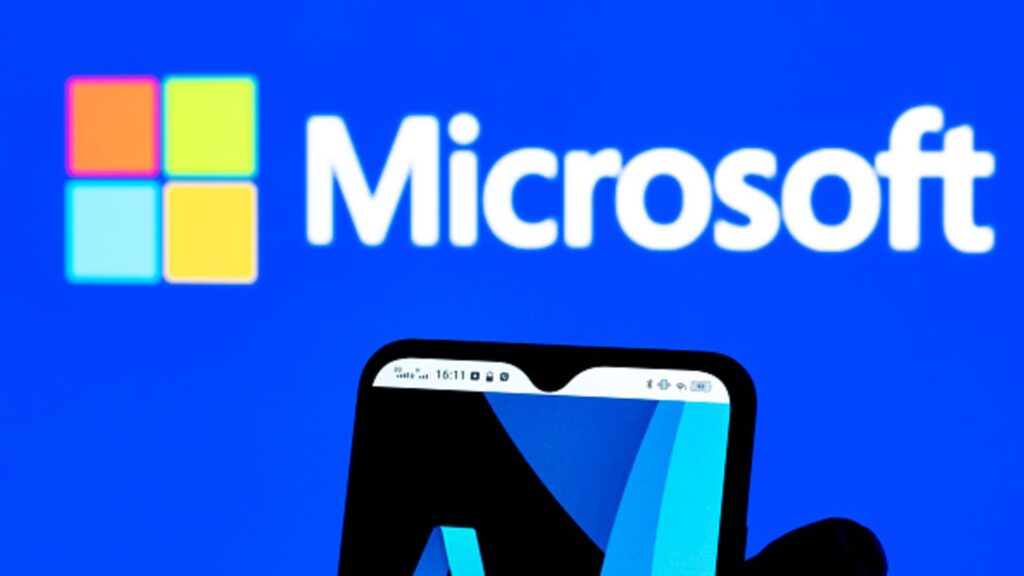Microsoft Softens Criticism of the UK, Acknowledging Tough but Fair Watchdog

Microsoft’s president, Brad Smith, has retracted his previous comments labelling the UK as “bad for business” after facing regulatory hurdles. Initially critical of the UK’s Competition and Markets Authority (CMA) for blocking Microsoft’s takeover of Activision Blizzard, Smith has now commended the watchdog for being “tough and fair.”
In an interview, Smith acknowledged that the CMA’s intervention led Microsoft to modify its acquisition plan, addressing concerns related to cloud gaming. The CMA had initially raised issues about potential negative impacts on innovation and consumer choice in the burgeoning cloud gaming sector.
The rejection of Microsoft’s acquisition in April prompted Smith to express that the European Union seemed like a more appealing place for business. However, after the CMA approved the deal in October, following Microsoft’s restructuring, Smith recognised the regulator’s position and the constructive path it paved for innovation and investment.
Despite the approval, CMA’s CEO, Sarah Cardell, criticised Microsoft’s conduct, emphasising that the tactics employed during the investigation were not the right way to engage with the regulatory body. Cardell mentioned that Microsoft could have restructured earlier but chose to persist with measures that were deemed ineffective.
The contentious deal, which Microsoft announced in January last year to acquire Activision Blizzard, the largest takeover in gaming industry history, stirred global regulatory responses. In August 2023, Microsoft submitted a revised deal to the CMA involving the transfer of streaming rights for Activision games to Ubisoft, a French video game publisher. This arrangement ensures gamers on non-Microsoft consoles can still stream popular titles like Call of Duty.
In the interview, Smith also highlighted Microsoft’s substantial commitment of £2.5 billion to invest in AI infrastructure in the UK over the next three years. He praised the UK government’s proactive stance, particularly the £900 million commitment to building AI infrastructure for researchers, culminating in what he termed a “strong year” for Microsoft and the UK.
